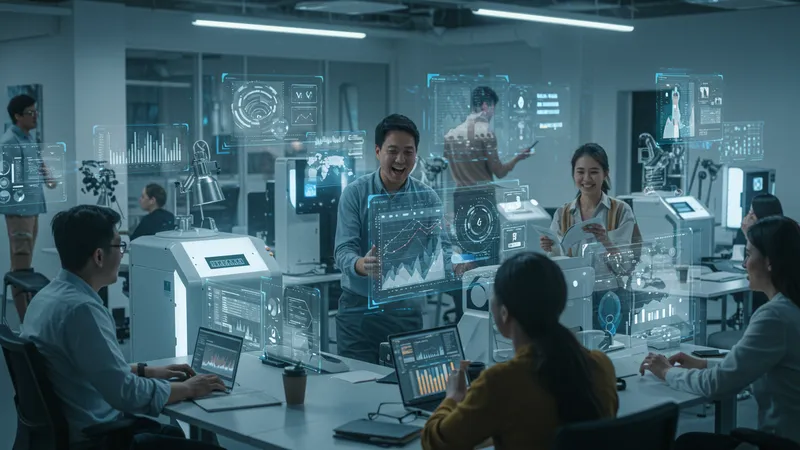
Top AI Tools For Small Businesses In 2025
Revolutionizing Workforce Dynamics with AI
AI isn’t just for customer interactions and financial decisions—it’s fundamentally reinventing how businesses manage their workforce. Automation is taking over mundane, repetitive tasks, freeing up employees to focus on more creative, strategic initiatives. Small businesses utilizing AI report an increase in employee satisfaction as they are no longer chained to routine tasks but can now engage in meaningful activities.

Not all changes are straightforward. The introduction of AI in the workforce requires reskilling efforts. Many small businesses are investing in upskilling programs to ensure their teams can work alongside these new technologies effectively. Companies are seeing faster adaptation among employees compared to what industry critics initially feared.
AI tools are also streamlining onboarding processes. By automating paperwork and initial training programs, new hires are more quickly integrated into team functions. Such efficiencies are translating into significant cost savings and productivity gains, giving businesses a solid edge.
Of course, AI’s integration isn’t without its challenges—maintaining an up-to-date AI system requires careful planning and execution. However, the benefits far outweigh the hurdles. An AI-augmented workforce isn’t just more productive; it’s empowered and transformative. But what comes next could redefine the very nature of employment as we know it.





